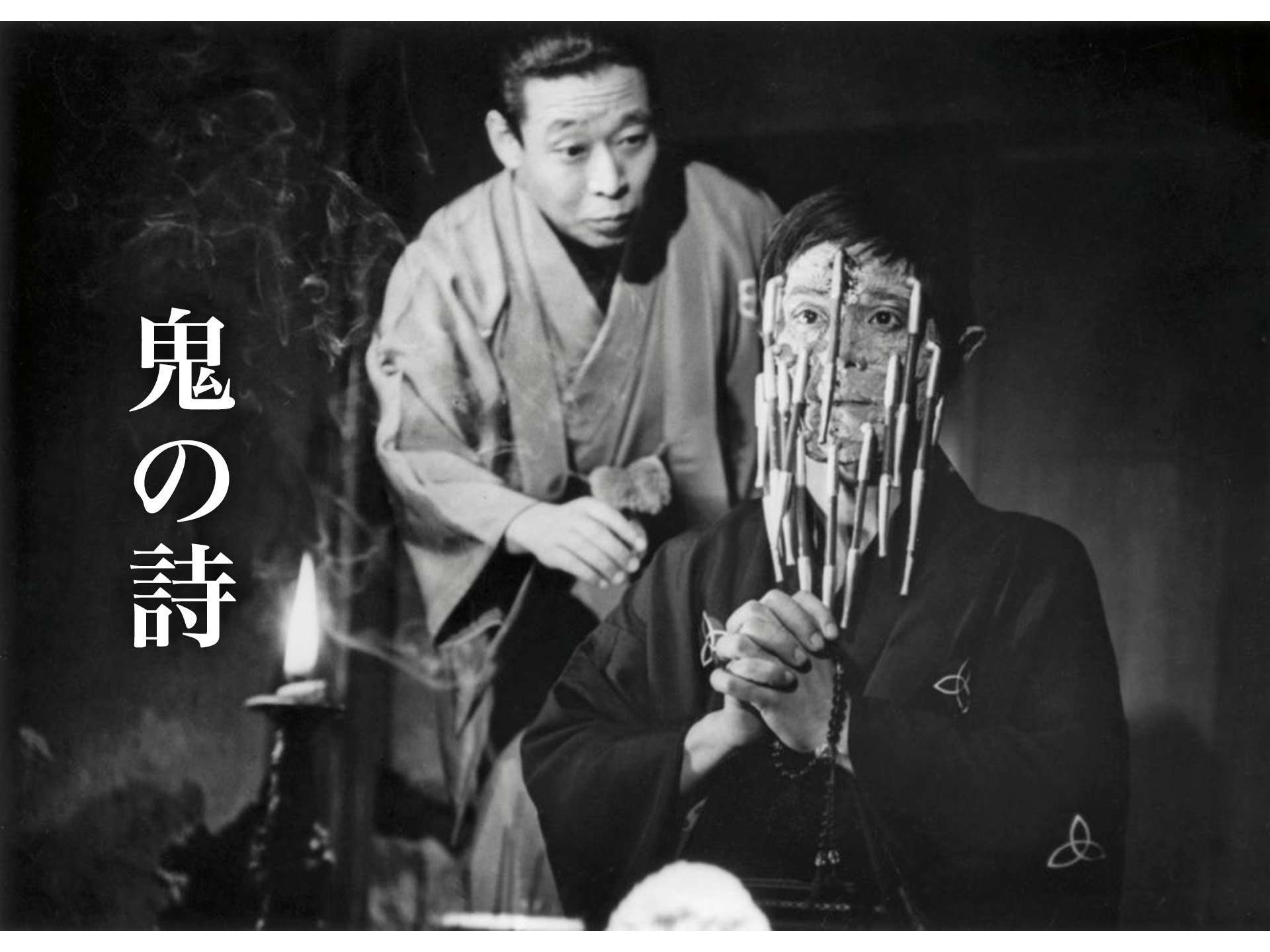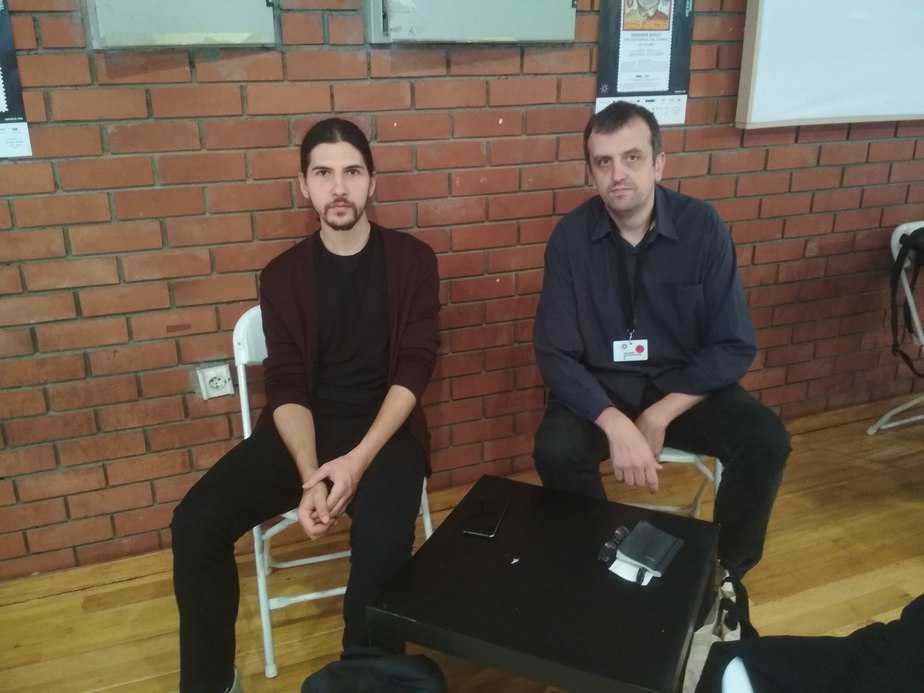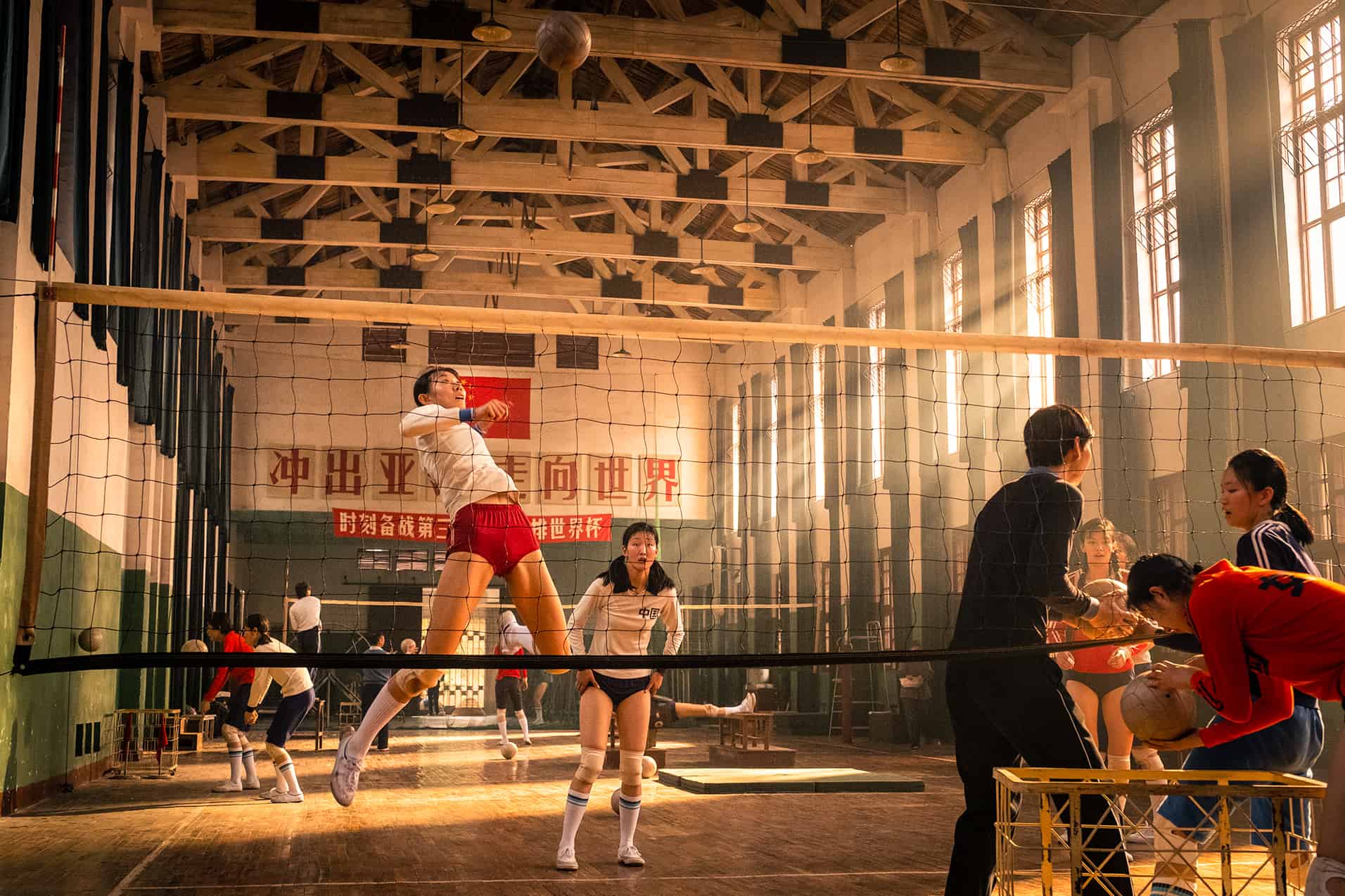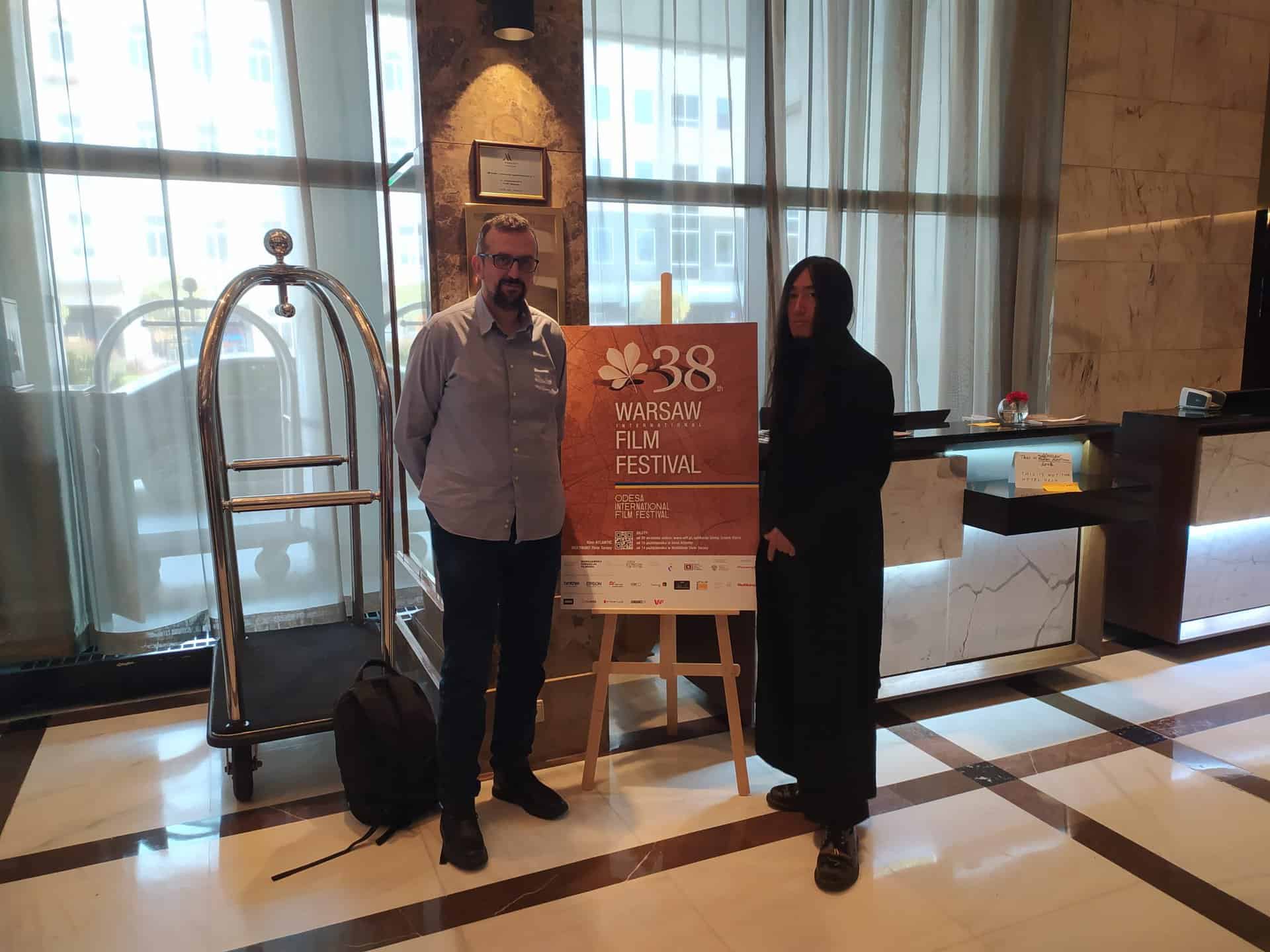10. Moving On (Yoon Dan-bi)

“Moving On” may be a quintessentially Korean film about a traditional Korean family unit, but it is to Yoon Dan-bi's credit that its multi-layered content has universal appeal and can be relatable to cultures and families around the world. Featuring memorable scenes that amuse, entertain and force you to contemplate, the film is sure to make its viewers smile involuntarily at various stages throughout its runtime and stands as one of the finer films of 2019, celebrating the centennial of Korean cinema as a great example of what indie cinema from the country can achieve. (Rhythm Zaveri)
9. Height of the Wave (Park Jung-bum)

Here's the hope that the South-Korean director Jung-bum Park has finally found his ideal time frame with the standard 90 minutes in his third feature film “The Height of the Wave”, which brought him a Special Jury Prize in Locarno. In his so far most accomplished, slow-burning drama, Park has located the narrative in a small community on an anonymous Korean island, where the only person in charge – an ambitious, morally corrupt foreman Wonjae gets an unexpected obstacle in the form of new appointed Police Chief Yeon-su (Lee Seung-yeon) whose clear understanding of law and order turns his plans upside down. (Marina D. Richter)
8. Extreme Job (Lee Byeong-hun)

As the plot progresses, starting quite physical in the sense of comedy, then developing a smart context, it is destined to end up in the orgy of unbelievable laugh-out-loud moments and the pleasures of choreographed violence. “Extreme Job” works on so many levels, hitting many targets often in the same scene and employing different approaches and techniques. It is fast-paced both as comedy and as an action movie, but the pace is not just a trick to cover up the plot holes, since the rhythm of the whole thing is simply amazing, with all the punchlines, figurative and literal, temped to perfection. (Marko Stojiljković)
Watch This Title

7. Another Child (Kim Yoon-seok)

The question on most people's minds before going into “Another Child” is if Kim Yoon-seok is as good at directing as he is at acting and, based on what's showcased here, the answer is a resounding “yes”. His command over is his characters and actors is highly commendable. The film offers drama, humour and warmth in equally competent manner. It heralds the coming of a strong new directorial voice, who manages to impress with a very real, very engaging coming-of-age story that is populated with genuine characters and an eye for detail. Here is an artist whose next directorial effort should be anticipated as eagerly as audience anticipate films which star him. (Rhythm Zaveri)
6. Fanfare (Lee Dog-ku)

Among the overwhelming plethora of crime films coming from S. Korea, it is always a pleasure to find works that manage to present the themes of the category in a different fashion. Lee Dok-gu does exactly that and with style, by shooting a Tarantinoesque movie set as a stage play, that also features a female character, who, for once, is not a cliché. (Panos Kotzathanasis)
5. The Gangster, The Cop, The Devil (Lee Won-tae)

After his first feature film and venture into the genre of drama with “Man of Will” (2016), Korean director Lee Won-tae takes on a thriller with his latest film “The Gangster, The Cop, The Devil”. Given the structure of the Korean film industry the summary of this film reads like the kind of thriller you would expect with the figure of the evil serial killer and the cop character bound by the restrictions of a corrupted system incapable of handling the gruesomeness of the murders. Those fond of films like “I Saw The Devil” or “Memories of Murder” will likely find some common ground between these works as well as the latest film by Lee Won-tae. (Rouven Linnarz)
4. House of Hummingbird (Kim Bo-ra)

“House of Hummingbird” belongs to the happy family of films like “The World of Us”, “Han Gong-ju”, “A Girl at My Door”. It's a subtle observation of a teenage girl in Korea in the typical detached “slice-of-life” manner but it's also a portrait of the multifaceted environment and the social circumstances that have impacted and marginalised the girl and her family. Layered and rich of humanity, the characters of “House of Hummingbird” are far from black and white and the reasons behind their actions are complex and nuanced. (Adriana Rosati)
3. Move The Grave (Jeong Seong-o)

A steady pace ensures that the viewer won't get lost in a growing number of individuals. The style is naturalistic, with the cinematography depending on simple frames, and the core of narration are dialogues. It is built around small, intimate scenes, with no emotional blackmails, even when the characters go over the edge. Witty and subtly amusing, this debut feature is a promising work of a director who has an excellent observing eye and sensitivity for gender matters. At times, characters' portrayals seem a bit too sketchy, and maybe a more bold approach to the subject could have been applied, but still “Move The Grave” is more than a worthy addition to the cinematic portrayals of the modern family and a little gem to watch out for in festival's lineups. (Joanna Kończak)
2. Clean Up (Kwon Man-ki)

Guilt is a regular collaborator of Korean Cinema, yet this movie is a step above. Heinous crimes have caused dire damages but the edges between guilt and atonement, crime and retribution are blurry and shifting. It repeatedly forces us to re-consider judgments and challenges our perception and prejudices. “Clean Up” reminded me a bit of Koji Fukada's “Harmonium” in the way it mixes families devastated by fate, crime and retribution and a pinch of catholic nonsense, although here there is a simmering humanity that brings with it a glimmer of possibility. (Adriana Rosati)
1. Parasite (Bong Joon-ho)

The main social comment, however, revolves around the three (according to Bong) different levels of the hierarchy of (Korean) society. The rich, the poor, and the “invisible” ones – the ones lurking outside society, in essence. This “caste” system actually forms the main axis of the narrative, with the majority of events and comments in the film deriving from it. The fact that the poor want to take the place of the rich only to put some other people in the place they used to be is one. The way the two different castes perceive each other (the smell factor is a cruelly realistic one) is the second. The fact that nothing changes regarding social and financial place, as poor are just replaced by other poor waiting to be exploited by the rich, who seem to have reserved their status in perpetuity, is the third one. The fact this perpetual injustice is bound to lead to violence, which in itself, leads nowhere though, is the fourth. (Panos Kotzathanasis)















